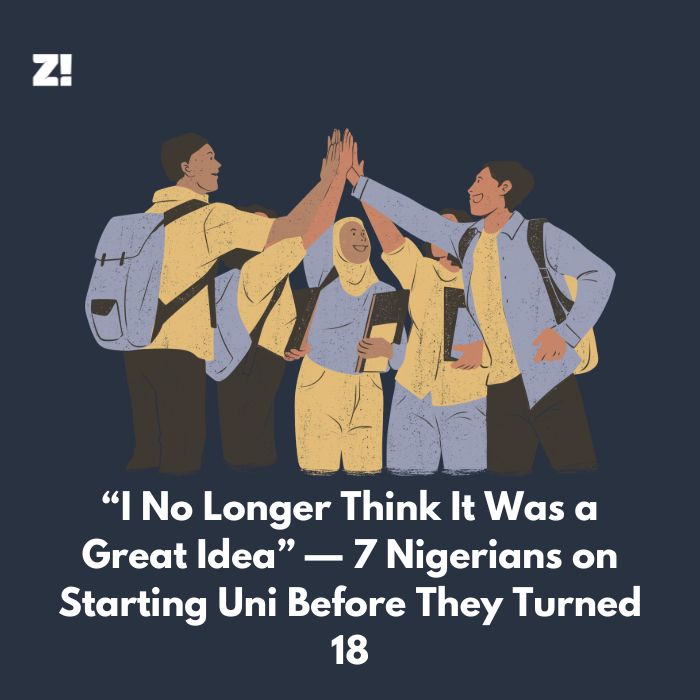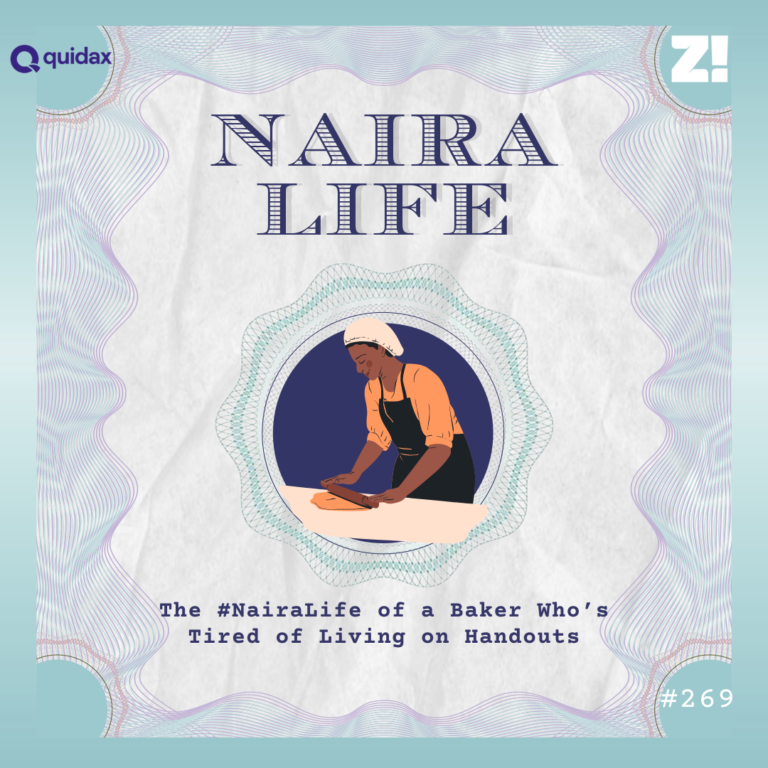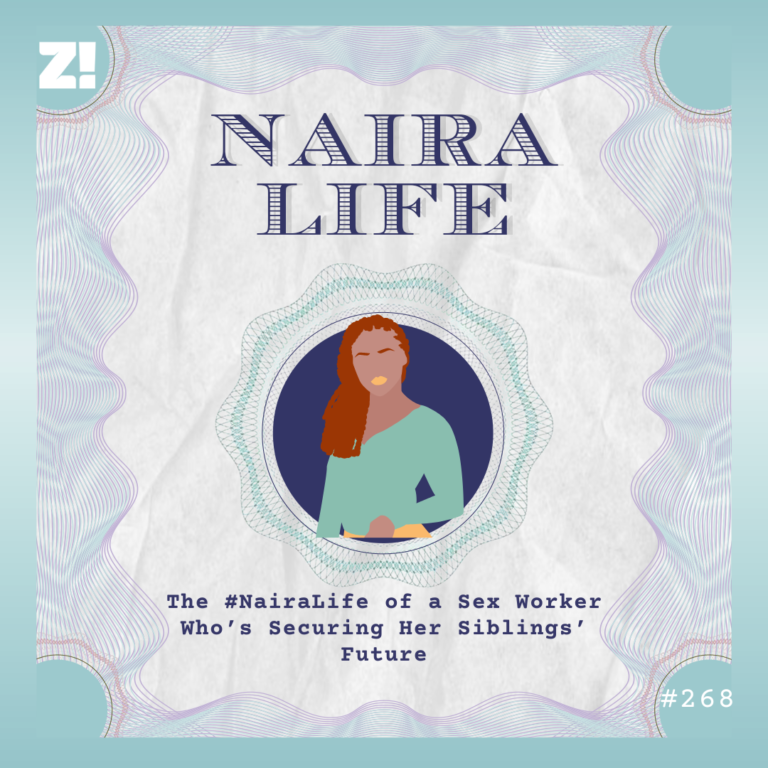In my quest to find answers to the question, “How do you know what to do with your life?” I found Kemi* (27), but like most people I talked to, she’s still searching for an answer to that question. The only difference is, she’s switched careers thrice already, to find it.
She’s gone from wanting to become a doctor to discovering a passion for teaching, then health and safety, before choosing a career in social media management. According to her, she’s just winging it at this point.
This is Kemi’s story, as told to Boluwatife
Image designed by Freepik
At ten years old, I decided I’d be a neurosurgeon.
To be fair, almost everyone who read Ben Carson’s “Gifted Hands” as a child — AND has Nigerian parents — is bound to have a medicine-fuelled future ambition.
It also helped that I was book-smart in primary and junior secondary school. It wasn’t like I knew how to study. I’m not even sure how I always topped my class. Of course, my grades meant that “science class” was my only option when I moved to senior secondary school at 12 years old.
But that’s when my book-smartness façade started to fall off.
Physics and chemistry looked and sounded like gibberish. I never understood how to balance a chemical equation or even distinguish an unbalanced one. The formulas were too complicated for my brain, and if not for Mr Rotimi’s* solid teaching and patient explanations, I’d have been lost.
When it became time to write JAMB in 2010, my neurosurgery dreams were already extremely shaky. I’d barely passed the core subjects at O’ levels, and I knew it wasn’t good enough for medicine, so I decided I could also change lives in physiotherapy. I applied for it, passed and got admission the following year.
By the second semester of my first year, I knew I’d made a mistake. I couldn’t understand most of my courses, and even before the results came in, I suspected I’d have carry overs. I had six.
A lecturer advised me to consider changing departments because I’d likely be asked to withdraw by the end of second year. I took his advice and transferred to biology education. I knew I couldn’t survive a course like biochemistry or microbiology, so I rationalised that education would help me be a Mr Rotimi to students like me who struggled to study. We can’t all be doctors and physiotherapists just because we’re in the sciences.
Career change one.
I did infinitely better in education, and by the time I graduated in 2016, I was sure teaching was my passion. But Nigeria soon taught me passion doesn’t count for much in these streets.
I taught in the North during my NYSC year, and it was a terrible experience. If students didn’t come to school bare-footed, they stopped coming at all because they were married off or needed to work for money. I once made the mistake of laughing when a nine-year-old student told me that a religious leader told them, “School is a sin.” He looked at me coldly, and in broken English, warned me never to try it again.
I moved back to the South-West after my service year in 2017 and got a job in a private school, but while I no longer had disappearing students or thinly veiled threats to my life, it was a wake-up call to just how bad the education system is nationally. Students and teachers were nonchalant. The school only cared about collecting money from parents and making sure students got good grades on paper, even if it involved “dashing” them marks. At ₦18k/month, my salary wasn’t exactly the best motivator either.
RELATED: What She Said: I’ve Given Up on Teaching in Nigeria
By 2018, I’d seen enough and could no longer imagine teaching for the rest of my life. I started hunting for random jobs. I even applied for a restaurant supervisor position, and when the interviewer asked, “Where do you see yourself in five years?” I went blank. Does anyone really know the answer to that question?
I soon found a job opening for a health, safety and environment (HSE) officer. While I didn’t have the certifications they required and couldn’t apply for it, the job description seemed straightforward enough. Plus, the proposed pay was ₦90k/month. I was immediately interested.
I started researching the field, and I liked what I saw. I could work almost anywhere, even outside the country, and I thought I only had to take some short courses to become a professional. I even started to dream about working in FMCG multinationals. HSE looked like my final bus stop.
Career change two.
I resigned from my teaching job and started my certification journey with a couple of free courses on a popular online safety and health training platform. I then moved on to an HSE level 1 certification, which cost about ₦35k. Fortunately, I got a six-month HSE intern position at ₦30k/month shortly after. In my head, all I needed to do was impress my employers so they’d consider retaining me after the internship.
I finished my internship in mid-2019, and when I asked about the possibility of retainment, they said it wasn’t possible. It turned out I still had a ton of certifications and professional memberships needed to be a confirmed safety professional in Nigeria — certifications I couldn’t afford. Some industries even require a master’s degree.
I decided to push my luck and apply for other HSE jobs, but by 2020, I knew my safety professional dream wasn’t realistic anymore; I had no money or reasonable experience. All this, combined with the uncertainties of the pandemic, pushed me into a depressive state. I was unemployed with no sense of direction or plan for my career. There was no pressure from my family, but I felt like I wasn’t living up to their expectations.
I tried to pull myself out of that mental state by watching career-related motivational and self-help videos on YouTube, but it somehow made it worse. They kept saying, “Do what you love, and you’ll never work a day in your life,” but I didn’t know what I loved doing anymore. They also talked about the importance of deliberate “career planning”. While it all sounded good, I was just as confused as ever.
Then in 2021, a friend told me to try social media management. She offered to take me through the basics as she was a social media manager herself. She also told me stories about people earning in dollars just by managing social media accounts. She was earning about ₦100k/month from managing three accounts, but at least, she didn’t have to leave her house. It seemed simple enough, and with the whole world going remote, it was a sensible career path. So, I decided I’d be a social media manager.
Career change three.
I opened new Instagram and Twitter accounts and started applying everything my friend taught me. I even started to enjoy it and grew my accounts quickly by taking part in trends and using reels. I also started cold-emailing potential clients. I got about two or three short-term clients, but my big break came in 2022 when I got a job as a community manager. I’m still at it, and my salary has remained ₦150k/month.
My job is great, but I know I can’t do it long-term. Who would want to hire a 30 or 40-year-old social media manager? Even now, some companies would rather hire a content marketer who’d handle social media with their other tasks rather than hire both a content marketer and a social media manager. What happens to me then?
It’s funny how I’ve made so many career changes, but I still don’t know what to do with my life. I attend many career webinars, but these “career coaches” really need to know that not everyone can afford to “follow their passion”. When I speak to senior colleagues and friends about my confusion, they mostly advise me to pick my most lucrative skill and make a career out of it. But the problem is, I’m not sure I have specific skills. I just know how to perform well on whatever task is in front of me at any given time.
If you ask where I see myself in the next couple of years, I’d probably say “Content marketing” because it’s the next reasonable step from social media management. But if I get a job as an operations executive tomorrow, my future ambition would likely change to “Operations management”.
I’m honestly just winging it in life, so don’t ask me what will happen tomorrow.
*Names have been changed for the sake of anonymity.
NEXT READ: I’ve Chased Money All My Life. There Has to Be More




